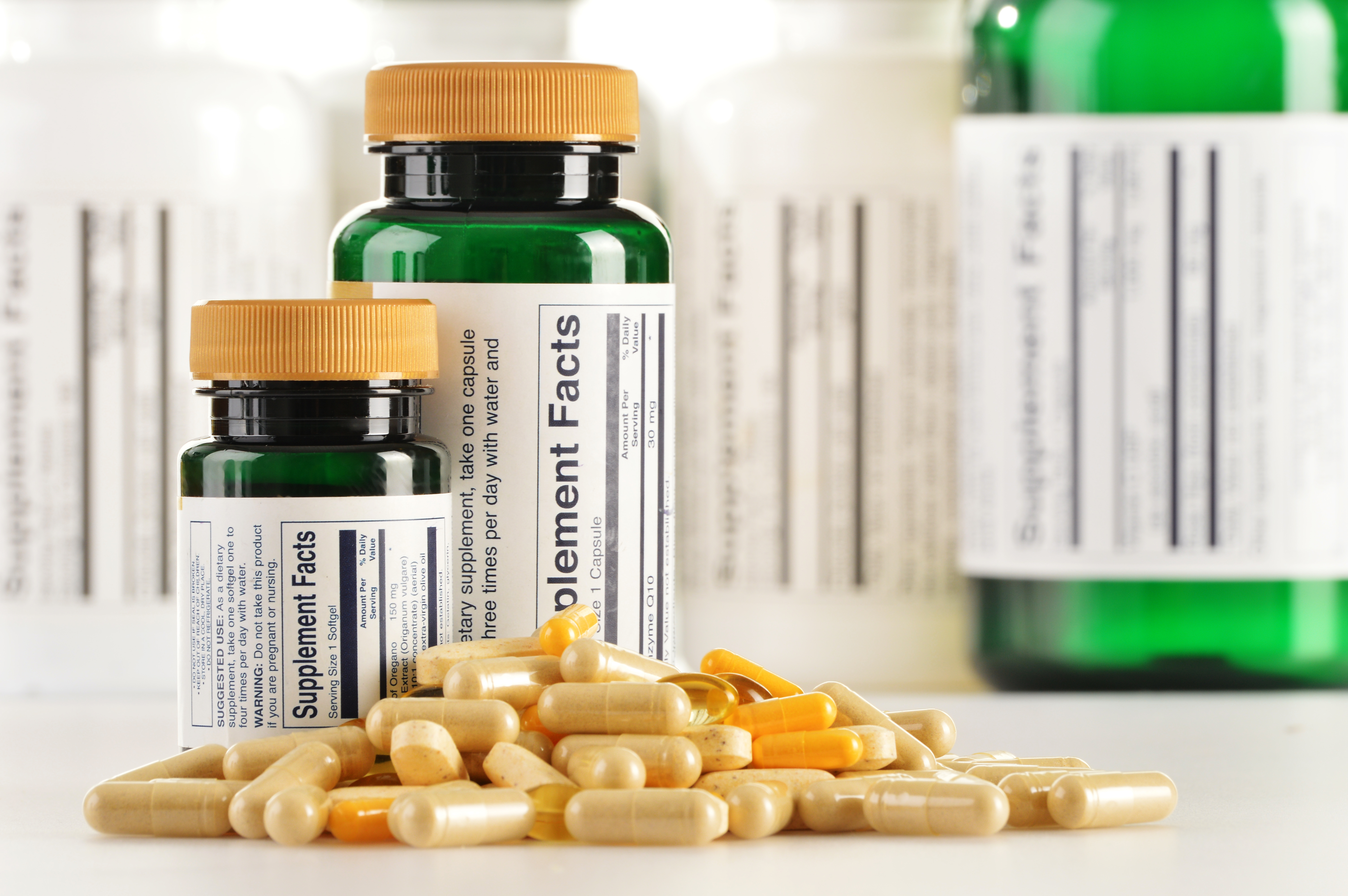Pill Peddlers: How Safe Are Those Supplements You’re Taking?
February 19, 2020

No matter how committed you are to staying healthy as you age, no one is perfect. So we hope we can compensate for our vices in other ways to maintain our health. For example, an estimated ⅔ of us take dietary supplements. We spend $35 billion/year on these pills and additives promising everything from better cardiac health and cholesterol numbers to cancer prevention and collagen boosts. But how reliable are these promises and how much risk are you exposed to in your quest for better health? For a good starting overview on dietary supplements and their promises versus perils, put down that pill and click here.
One key fact you need to know about supplements is that they are not proactively under the FDA scrutiny: Supplement manufacturers do not have to prove their safety and quality before coming to market. It’s up to the FDA to prove the substance is not safe before it can be taken off the market. That means it’s definitely a “buyer beware” scenario. There are independent labs that verify the quality and integrity of supplements and you may see that verification on the supplement bottles (from such entities as United States Pharmacopeia, NSF International or ConsumerLab.com) but for many supplements, you may be playing Russian roulette with your health. For example, a recent article in The Conversation by C. Michael White (Head of the Dept of Pharmacy Practice at the University of CT) warns that many supplements are dangerously contaminated and may not even contain the ingredients they profess to be selling. Furthermore, a recent piece in Consumer Reports notes that even if the supplements accurately state their ingredients, many of those ingredients can put you at real risk, so that the burdens of taking the supplement likely outweigh any benefit.
Finally, as the Washington Post recently noted, most supplement products are ineffective, with few health benefits and uncertain or even harmful side effects. Many of us are lured into purchasing products because they’re “natural” or their ingredients come from nature. But that in no way guarantees their safety or efficacy. So if you’re hoping for a health boost, you’re probably better off focusing on healthy behaviors rather than protein powders. To find out more, put aside your pillbox and listen to this recent conversation on the WBUR podcast Food, We Need To Talk, entitled, “Supplements and Snake Oils.”







